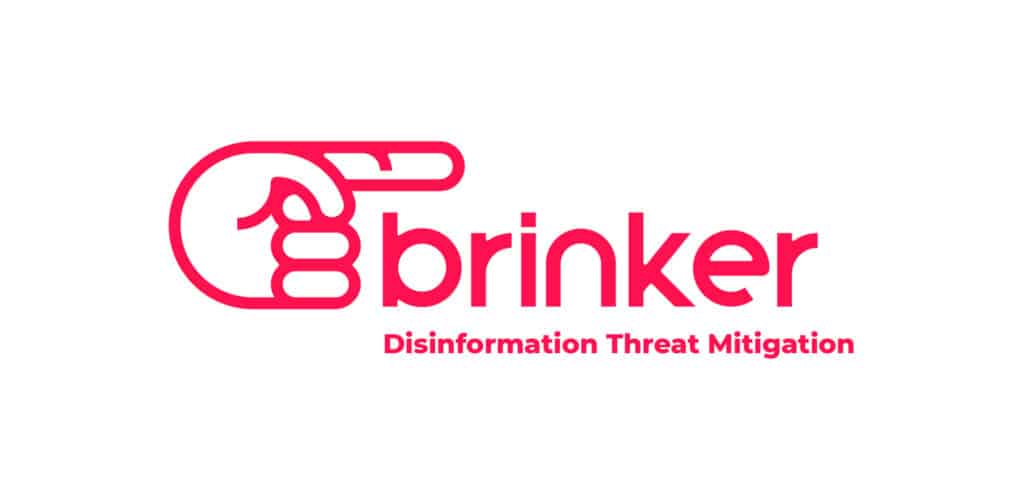In spite of widespread media attention to the problem of “advanced persistent threats” and nation-backed cyber espionage, most cyber attacks that result in the theft of data are opportunistic and rely on unsophisticated or non-technical means, according to Verizon’s 2013 Data Breach Investigations Report (DBIR). Verizon said that its analysis of 47,000 security incidents and 621 confirmed cases of data loss showed that three-quarters were “opportunistic” – not targeted at a specific company or individual – and financially motivated. Around 20 percent of attacks were linked to what Verizon termed “state affiliated actors” conducting cyber espionage. Verizon’s annual Data Breach Investigations Report presents the results of investigations conducted by Verizon’s RISK investigators, the U.S. Department of Homeland Security, US-CERT as well as by law enforcement agencies globally. In its sixth year, it is a highly regarded and oft-cited benchmark of malicious activity and threats to organizations. In a press release […]
Tag: China
Messy And Loud Hack In South Korea Doesn’t Look State Sponsored
A researcher who has studied the malicious software used in the attacks on media outlets and banks in South Korea this week said the attacks were coordinated, but messy and loud, without many of the hallmarks of a state sponsored hacking operation. Richard Henderson, a Security Strategist at Fortilabs at Fortinet Inc. said that the malware used in the attack was programmed to begin operating at 2:00pm local time, suggesting that those behind it had planned their operation for weeks or months before launching it. Still, Henderson said many details of the attack make it dissimilar from so-called “advanced persistent threat” or APT-style hacks that are carried out by foreign governments or groups working on their behalf. Henderson said that Fortinet analysts first obtained a copy of the malware on March 19, a day before the attacks. Researchers there had already identified the “time bomb” hidden in the code, which was […]
DPRKurious: Is North Korea Really Behind Cyber Attacks On The South?
The news keeps coming out of South Korea, where a mysterious rash of hacks and virus infections early Thursday compromised tens of thousands of machines running at banks, broadcasters and other firms, erasing data and causing widespread disruption. Here’s the latest: South Korean Officials “Strongly Suspect” North Korea South Korean government officials made their most direct statements to date (albeit anonymously) on the possible source of the attack, saying that they had a “strong suspicion” that the government of the Democratic People’s Republic of Korea (DPRK) was responsible. Speaking to the YonHap News Agency, the official, identified as a “high ranking official in the office of President Cheong Wa Dae,” refused to elaborate. However, he may have been referring to the preliminary results of the Korea Communications Commission (KCC) which traced the malicious code responsible for crippling computers at broadcasters and banks to an IP address in China. South Korean […]
Bit9: 32 Pieces of Malware Whitelisted In Targeted Hack
The security firm Bit9 released a more detailed analysis of the hack of its corporate network was part of a larger operation that was aimed a firms in a “very narrow market space” and intended to gather information from the firms. The analysis, posted on Monday on Bit9’s blog is the most detailed to date of a hack that was first reported on February 8 by the blog Krebsonsecurity.com, but that began in July, 2012. In the analysis, by Bit9 Chief Technology Officer Harry Sverdlove said 32 separate malware files and malicious scripts were whitelisted in the hack. Bit9 declined to name the three customers affected by the breach, or the industry segment that was targeted, but denied that it was a government agency or a provider of critical infrastructure such as energy, utilities or banking. The broad outlines of the story about the hack of Bit9, which sells […]
Obama Lays Down The Law On Cyber Espionage
The Obama Administration on Wednesday released a report detailing new Administration measures to protect U.S. trade secrets and intellectual property. The report: “Administration Strategy on Mitigating the Theft of U.S. Trade Secrets” (PDF) establishes a new foundation for cooperation between the U.S. government and the private sector. It comes just days after a bombshell, 60-page report by the security firm Mandiant that described the activities of “APT1” – a hacking group that Mandiant claims is actually a cyber warfare unit of China’s People’s Liberation Army (PLA). In a post on the Whitehouse blog, the Administration said the Strategy is a continuation of Obama Administration policy to protect U.S. companies from the theft of trade secrets. Under the new Strategy, the Administration will take a “whole government” approach, using diplomatic pressure via the State Department, coordinated, international legal pressure through the Department of Justice and FBI. The U.S. will tap the […]






